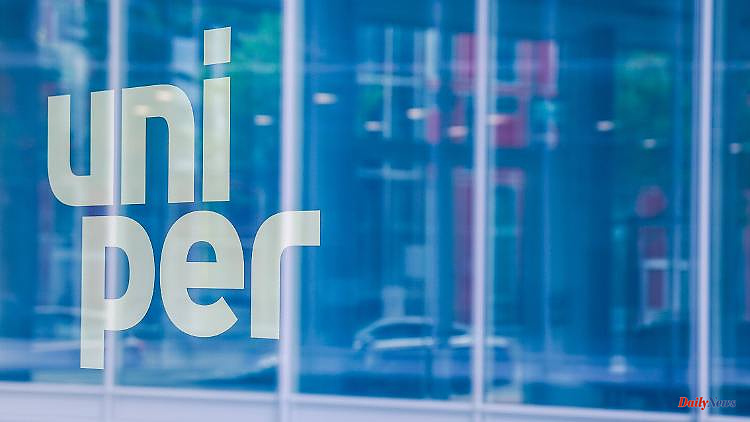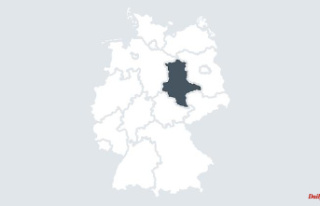The companies report a requirement of 34 billion euros from the gas surcharge. Two companies in particular will benefit from this: Uniper and the former Gazprom Germania. Only eight percent of the money goes to the other gas suppliers.
According to information from the German Press Agency, a large part of the multi-billion euro levy to save gas importers is attributable to two companies. More than 90 percent of the 34 billion euros that will be incurred for the gas surcharge by April 2024 will go to two gas trading partners with Russia: Uniper and the former Gazprom Germania.
Uniper had declared last week that it would receive more than 50 percent of the levy, but without naming an exact amount. According to reports, it should be about two thirds. A further 25 percent will go to Sefe (formerly Gazprom Germania) and its main contractual partners Wingas and VNG.
According to the information, the remaining 8 percent of the levy costs are borne by the other eight companies. Of these eight companies, RWE has already publicly stated that it intends to forego the surcharge.
The levy of 2.4 cents per kilowatt hour is to take effect from the beginning of October and will benefit importers who have to buy replacement gas from Russia at high prices. With two additional allocations for network control (balancing energy) and gas storage, a total of 3.26 cents per kilowatt hour is to be paid, including 7 percent VAT. According to the Economics Ministry, without the levy there would have been a risk of the German energy market collapsing, with even higher gas prices.
Meanwhile, gas prices in Europe continue to skyrocket, adding to concerns in the economy. The Association of German Chambers of Industry and Commerce (DIHK) called for quick relief for companies because of the high energy prices. He proposed reducing the energy tax on gas consumption. DIHK President Peter Adrian said that the planned reduction in VAT on gas "is usually ineffective for companies because it is a transitory item in their books. Instead, there would be a permanent reduction in energy tax on gas consumption by companies to the European minimum level a simple and fast-acting relief."
The gas price in Europe rose sharply again on Monday - at its peak by 18 percent to 292.50 euros per megawatt hour. This was explained in the market with the announcement of another interruption of Russian gas supplies to Europe through the Nord Stream 1 pipeline.












